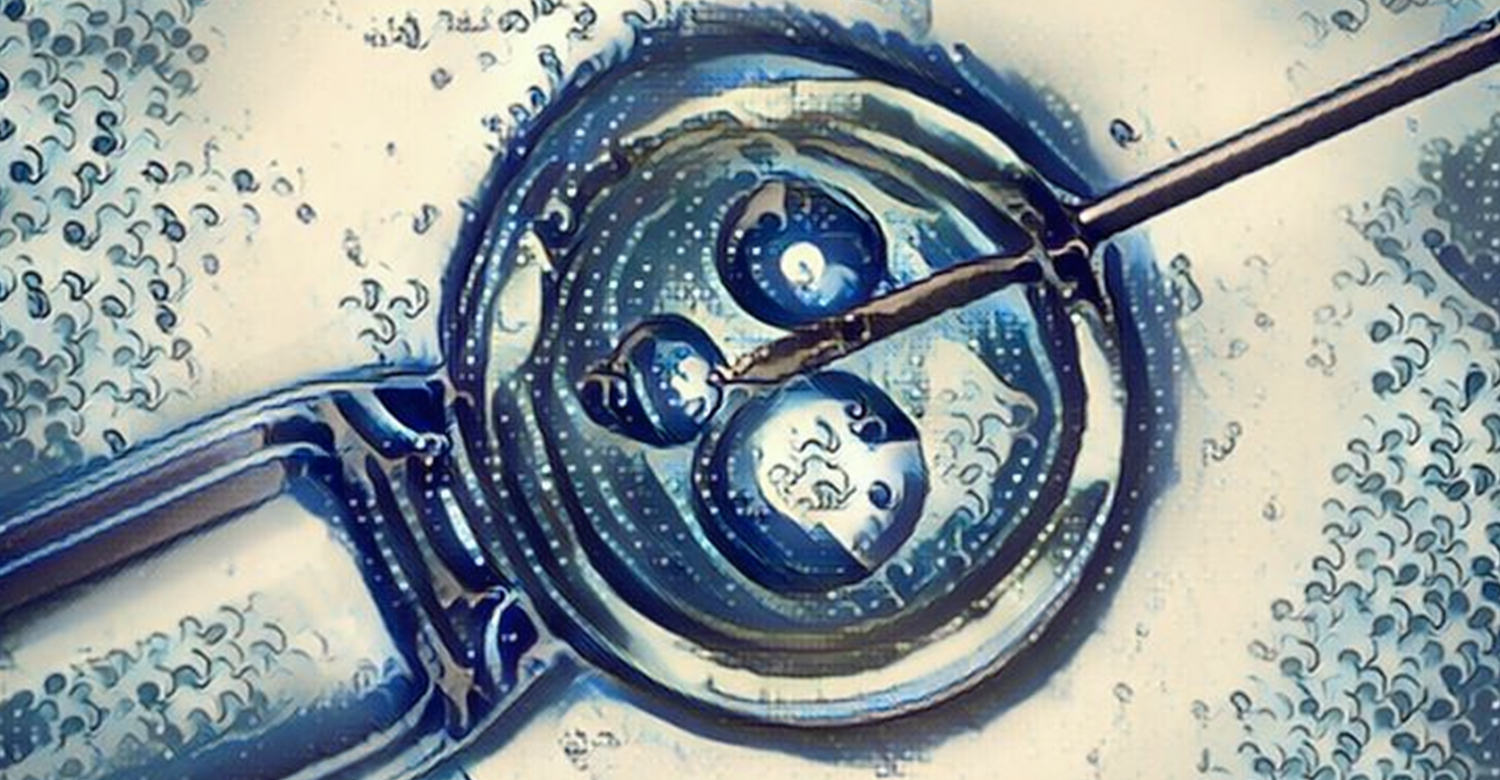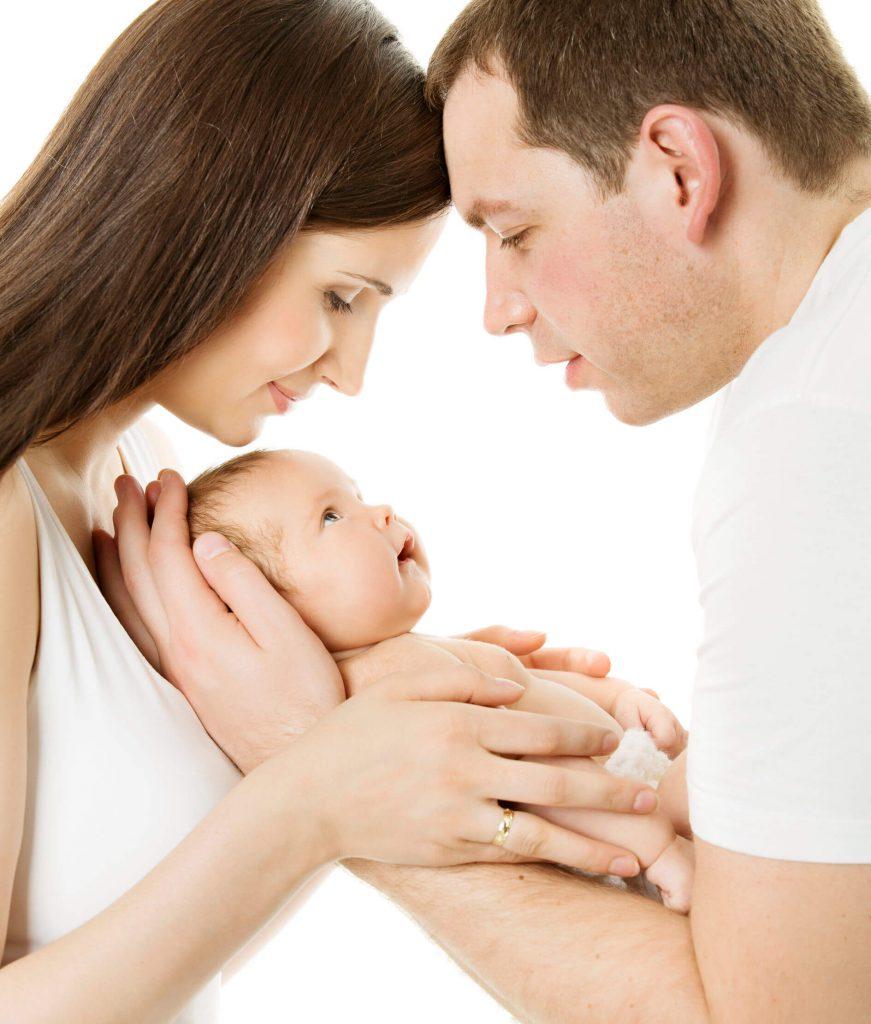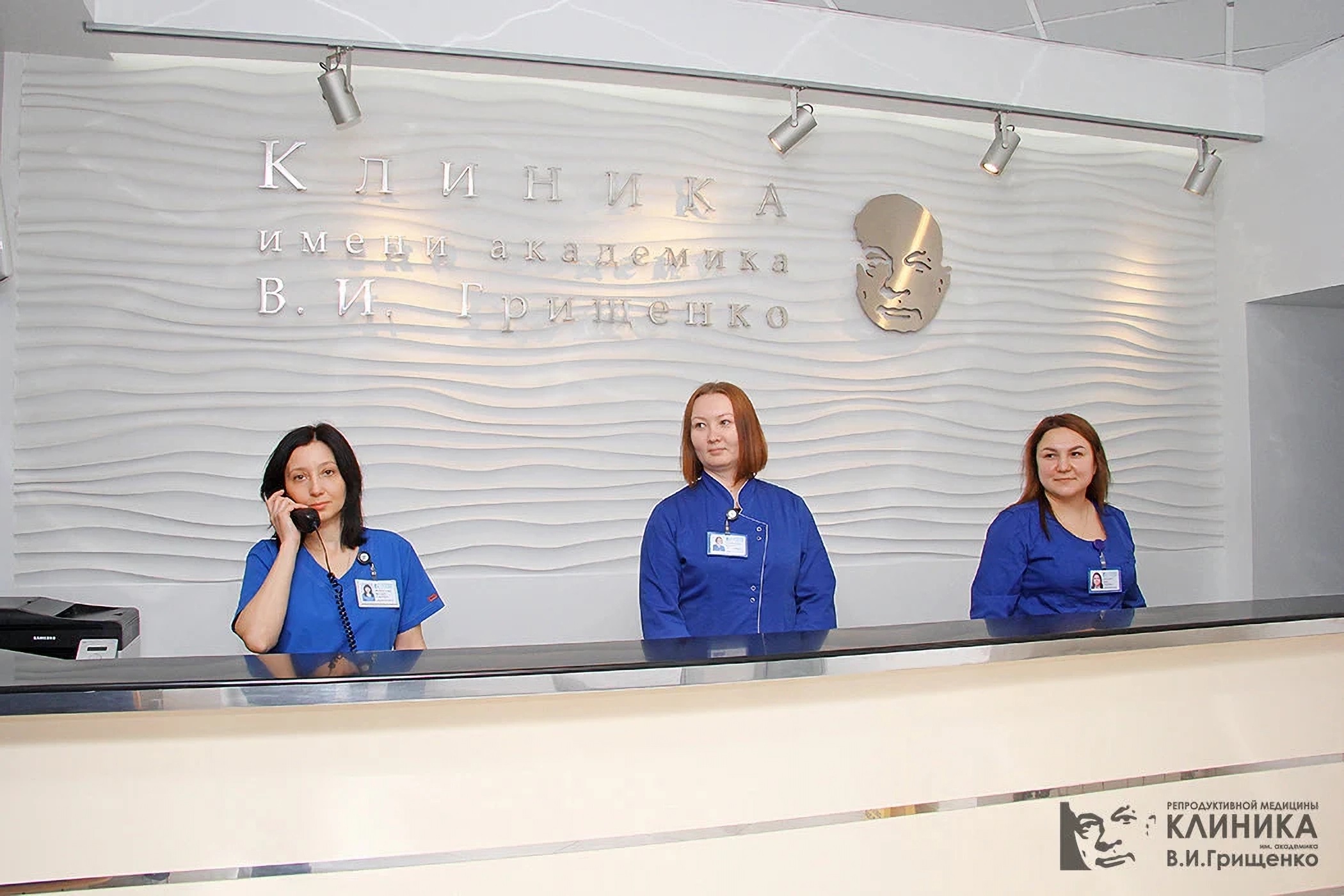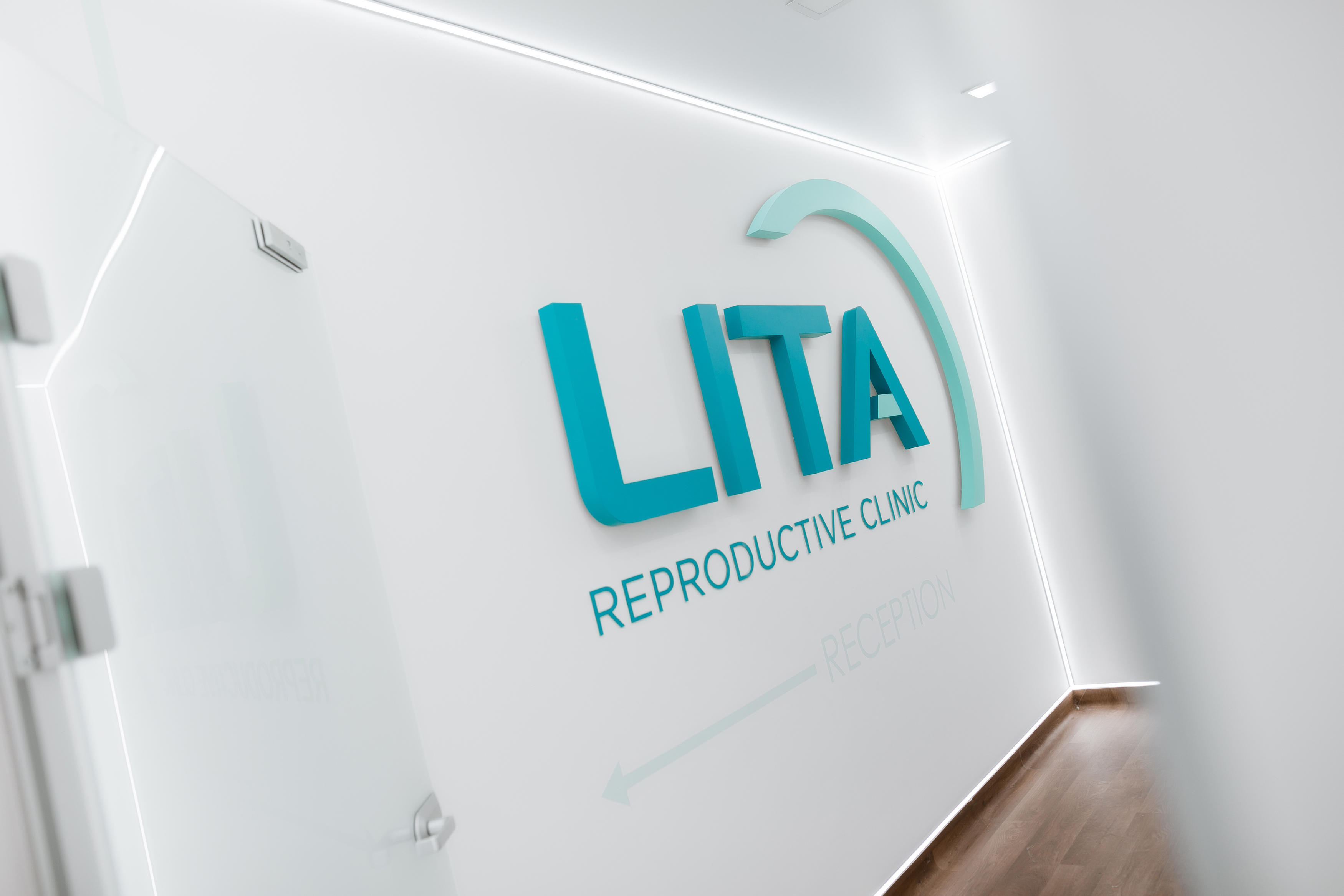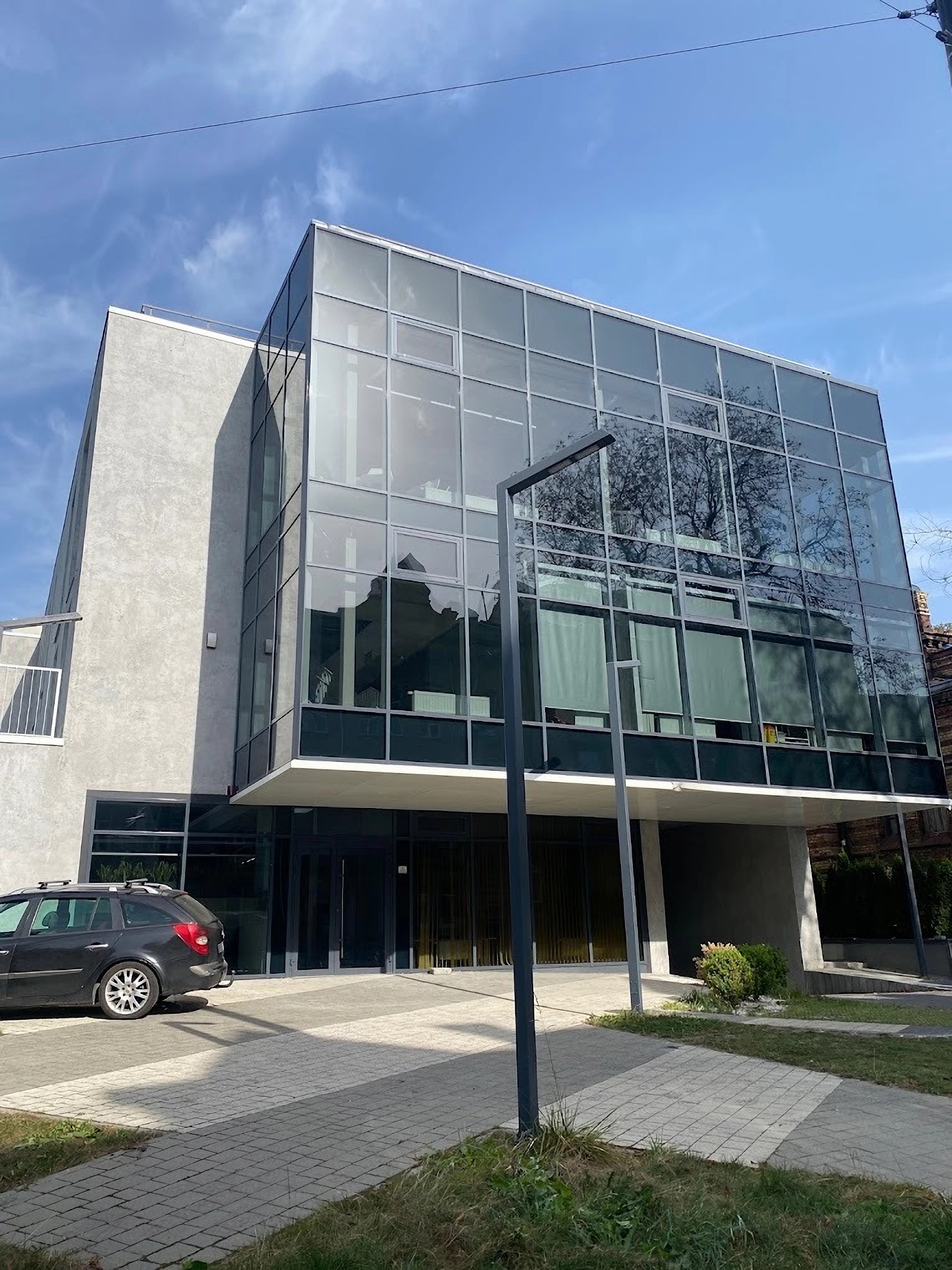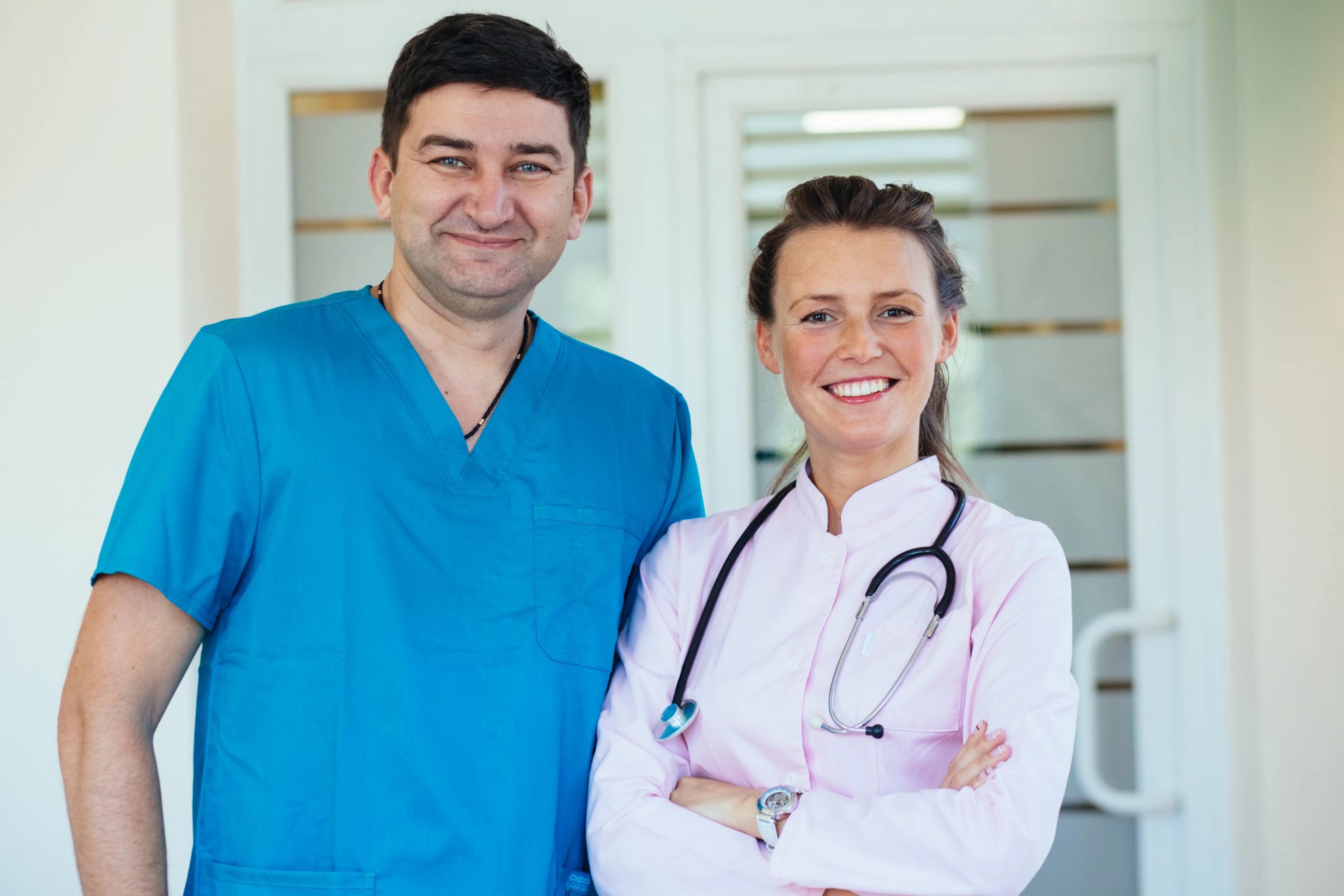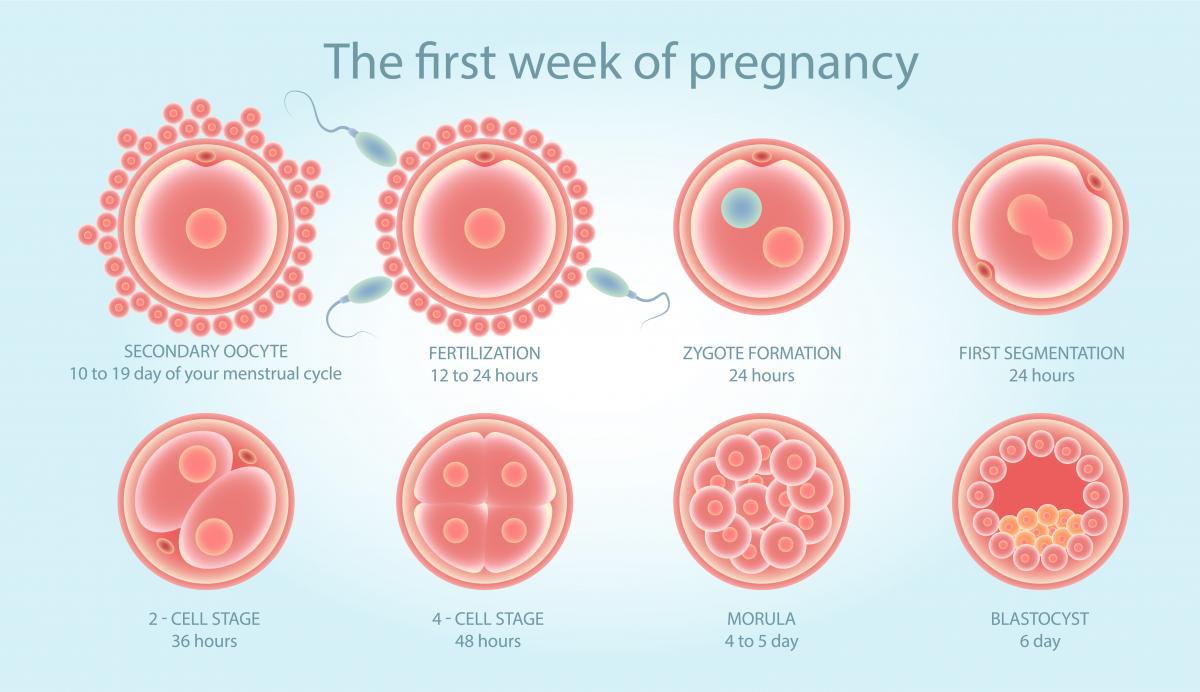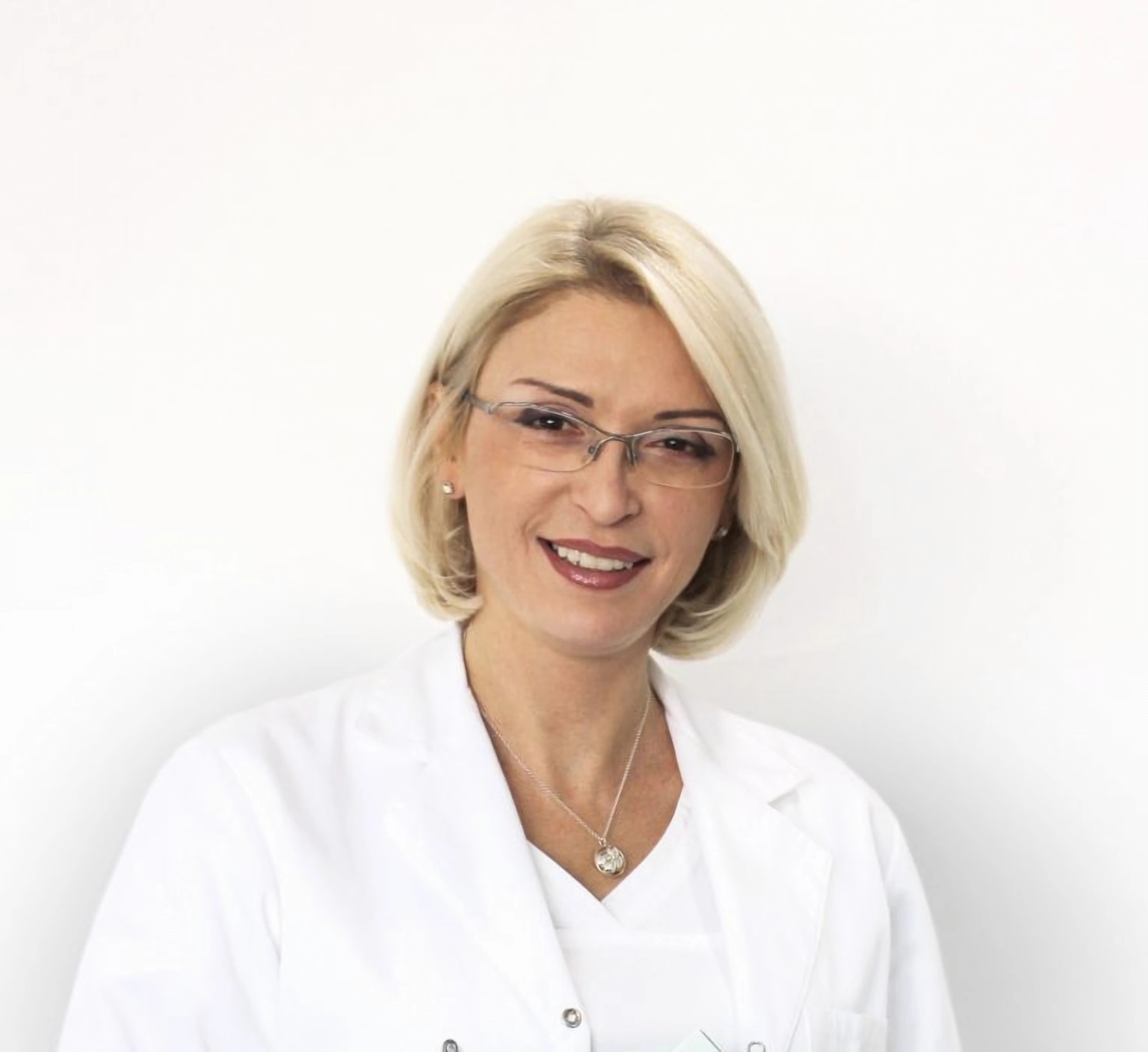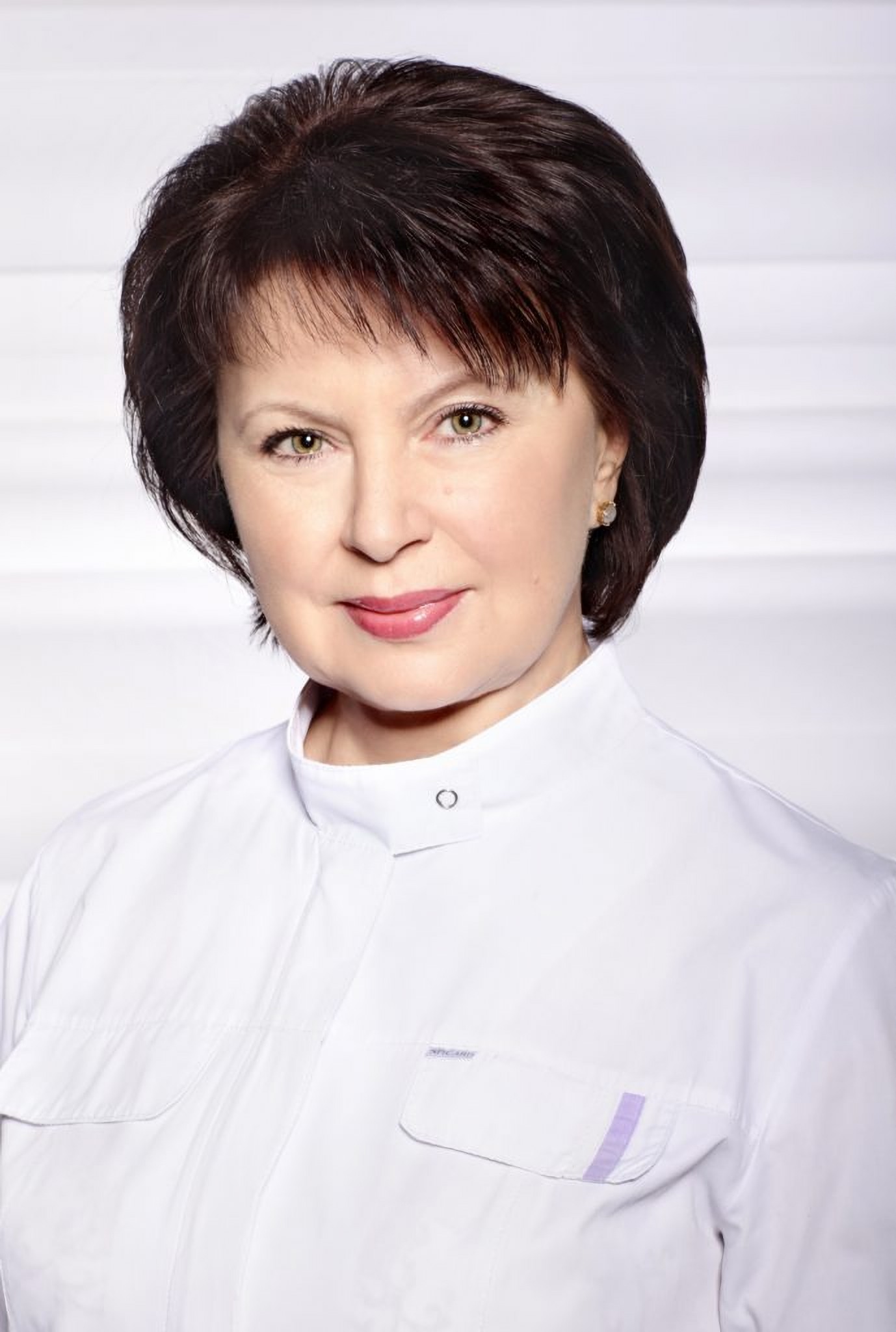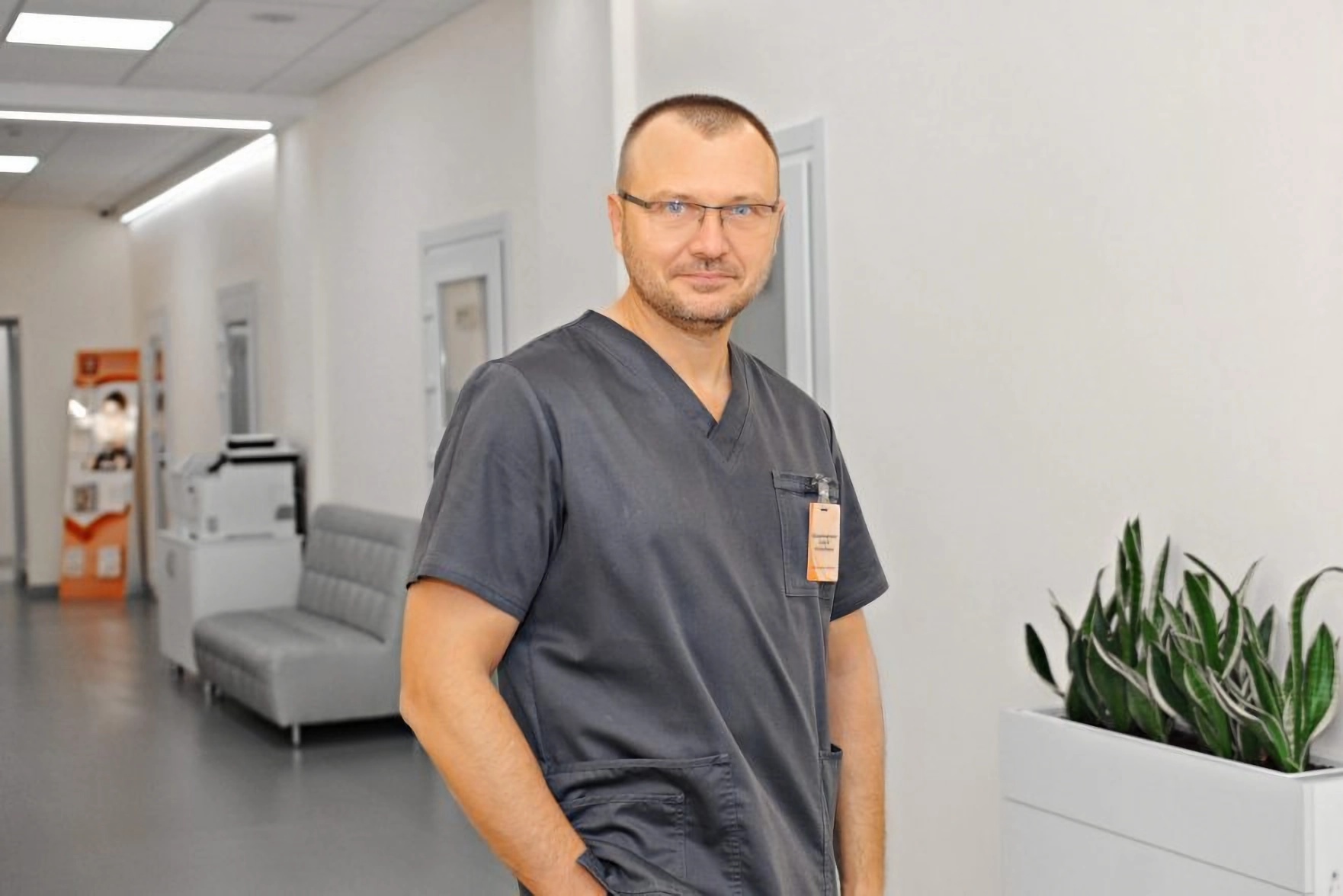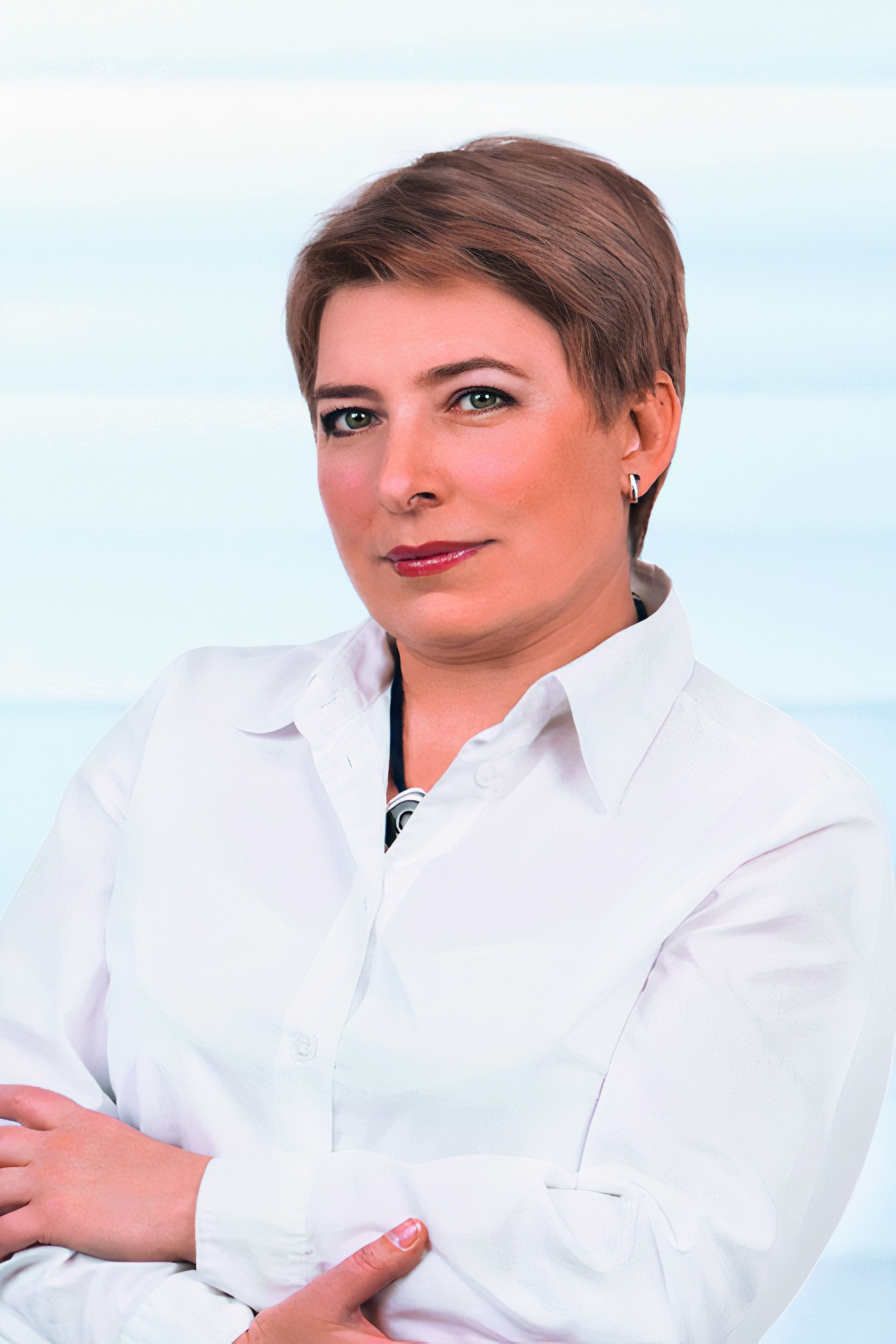Embryology in Ukraine
How do we organize your medical trip?





Embryology
The embryologist plays an important role in reproductive medicine. The success of the entire treatment depends to a large extent on his knowledge and experience. First, the embryologist prepares the germ cells for fertilization. During the puncture, he searches for the eggs, places them in a special medium and (if necessary) cleans them of secondary cells. He also evaluates the quality of the sperm and processes it for fertilization of the eggs.
What does an embryologist do?
No assisted reproductive technology (ART) is possible without an embryologist. This is the doctor who prepares the biological material, sifts out germ cells with defects and selects the most promising ones for fertilization in a laboratory setting. He is helped in this by high-precision equipment and certain media.
The main tasks of the embryologist are
- obtaining female germ cells and their processing;
- processing of male germ cells (learn more about choosing a sperm bank);
- conducting fertilization under laboratory conditions;
- creating favorable conditions for embryo maturation;
- monitoring the cultivation of embryos in the incubator;
- freezing of germ cells (mitochondrial donation);
Doctors See all doctors
The role of the embryologist in ART protocols
Any artificial insemination protocol involves a reproductologist and an embryologist. The reproductologist, taking into account age, hormonal background and other indicators, determines how to overcome infertility. The embryologist, on the other hand, is responsible for the fertilization process. He is involved in the protocol at the moment of germ cell sampling. The biomaterial is then evaluated, the most viable eggs and sperm cells are chosen, and the cells are placed in a special environment for fertilization. If the quality of the biomaterial partner held ICSI - with a special fine needle is introduced into the egg cell sperm - the resulting zygote is placed in an incubator.
If indicated, the embryologist takes a biopsy for subsequent preimplantation genetic diagnosis (PGD). A small number of cells are plucked from the embryo to test for genetic and chromosomal abnormalities. The procedure is relatively safe and has no effect on the further development of the embryo.
Sometimes pregnancy does not occur simply because the fertilized egg has a dense mucous membrane. The embryo can not come out of it, and therefore attach to the uterine wall. If this is detected, an assisted hatching is performed - opening the membrane of the fertilized egg with a laser in order to achieve the long-awaited pregnancy.
When do I need a separate consultation with an embryologist?
A separate consultation with an embryologist is needed if:
- previous attempts at artificial insemination have ended unsuccessfully;
- donor material will be used in the protocol;
- there is a need to freeze your own germ cells.
In other cases, the consultation is optional - if the couple wants to clarify the details of the embryological stage, how the selection of germ cells, the cultivation of embryos, the transfer, etc.
The help of an embryologist can make the process of artificial insemination much easier and increase the likelihood of success on the first attempt. You can find a highly qualified embryologist by contacting us or by choosing one of the doctors on this website.
